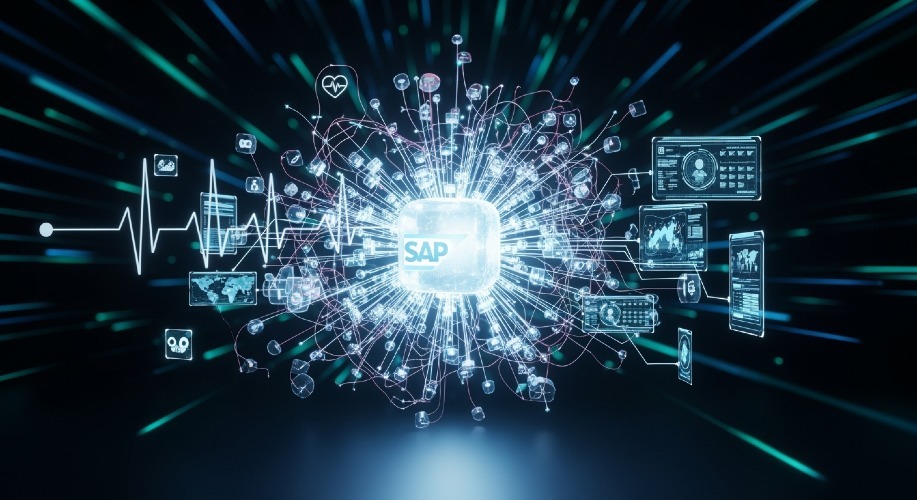
As we advance into 2025, data engineering is undergoing a huge transformation. Businesses and data leaders alike are rethinking their strategies, driven by rapid technological evolution and shifting business demands. Here are the top trends redefining the way organizations manage and leverage data:
1. Rise of Real-Time Data Processing
Gone are the days of data pipelines ruling the data engineering. Modern enterprises are transitioning to event-driven and real-time systems that offer faster insights and immediate decision-making capabilities. This shift helps businesses to be more agile and responsive to market changes.
2. Data Mesh & Decentralized Ownership
The centralized data team model is facing disruption. With the rise of data mesh, organizations are embracing domain-oriented ownership, enabling scalable and self-serve data infrastructures. This decentralization reduces bottlenecks and promotes accountability across data-producing teams.
3. AI-Driven Data Engineering
Artificial intelligence and machine learning are no longer just for analytics, they're now integral to the data engineering process itself. From optimizing pipelines and detecting anomalies to managing schema evolution, AI is automating previously manual, error-prone tasks.
4. Modern Data Stack Evolution
Data infrastructure is evolving from traditional ETL (Extract, Transform, Load) to ELT (Extract, Load, Transform), leveraging tools like Databricks and Snowflake. The adoption of data lake house architectures and open table formats such as Apache Iceberg and Delta Lake further supports flexibility, scalability, and cost efficiency.
5. Enhanced Focus on Data Quality & Governance
With the introduction of stricter data regulations and growing compliance requirements, organizations are investing in robust data governance. Key areas of focus include data observability, lineage tracking, and policy-driven compliance, making data reliability a top business priority.
6. Serverless & Cloud-Native Engineering
The move toward serverless architectures and fully managed cloud-native services is accelerating. These solutions offer unmatched scalability, elasticity, and cost optimization, allowing engineering teams to focus on innovation rather than infrastructure management.
7. Integration with Generative AI
Data engineering is now the backbone of enterprise AI efforts, especially for training and fine-tuning large language models (LLMs). Clean, curated, and high-quality datasets are vital for powering reliable and ethical AI applications, making data engineering a critical enabler of the AI revolution.
In 2025, data engineering is about enabling strategic business outcomes. Whether you’re prioritizing real-time insights, AI automation, or decentralized data ownership, these trends offer a roadmap to future-proof your data strategy.
Which of These Data Engineering Trends Will You Prioritize?






